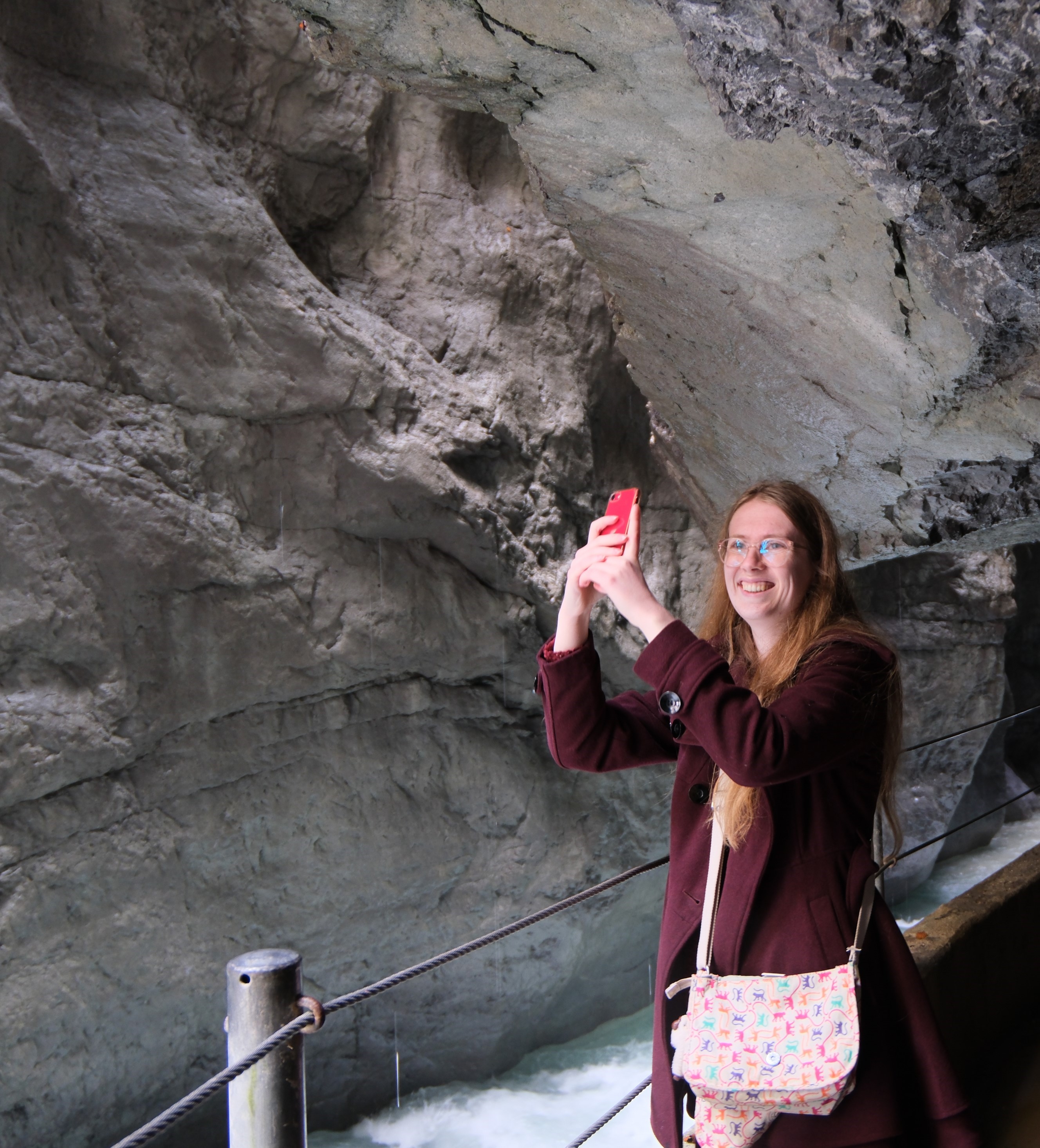I’ve done my graduation project at the Max Planck Institute for Plasma Physics in Garching,
Germany, where I’ve stayed between June 2023 and February 2024. My work there
consisted of the implementation of the avalanche source for kinetic relativistic electrons in
the 3D magnetohydrodynamics code JOREK. During disruptions in tokamaks, the thermal
energy of the plasma is very quickly lost, causing the resistivity of the plasma to increase.
This leads to the decay of the plasma current, which, due to the plasma self-inductance, in
turn leads to the generation of a strong electric field that is able to accelerate some electrons
to speeds close to the speed of light. These electrons, known as runaway electrons (REs),
are able to quickly multiply due to the energy transfer in knock-on collisions between an RE
and a thermal electron. The collisions lead to an exponential increase in REs and thus to a
RE avalanche. In my project I implemented the knock-on collisions constituting the
avalanche source for 3D kinetic relativistic electrons (using a particle-in-cell method) and a
resampling method which is needed to counteract the exponential growth in markers due to
the knock-on collisions.
I’ve been very lucky to do my work in the MHD and fast particles group under the
supervision of Matthias Hoelzl and Hannes Bergström. I’ve had weekly (or biweekly)
meetings with my supervisors throughout the project (where also my academic supervisors
from my home university TU/e, Guido Huijsmans and Jan van Dijk, were involved) which
have been a great help to me. Sometimes I’ve even had more meetings as there were group
meetings and hands-on meetings which involved the entire group and sometimes walk and
talks with the group leader in which the project was discussed in a broader perspective.
The Runaway Electron Modelling meeting was in Garching the second week I was there and
I was able to learn more about runaway electrons by attending the talks. Furthermore, it
allowed for some discussions with regard to my project which were very helpful for
determining the initial direction. More towards the end of my project I was able to attend the
JOREK general meeting in Lausanne (also thanks to funding from FuseNet) where I gave an
oral presentation. Both of these conferences were not only helpful, but were also fun to be a
part of.
I was worried at first about doing a relatively long project abroad, but the group has been
great as everyone has been very kind and welcoming from the first day. I thought that my
German might not be sufficient, but the group is very international and everyone spoke
English nearly all the time. The group often lunched together and we’ve done a number of
activities as a group which have been a lot of fun.
As travel is relatively cheap in Germany (with the Deutschland ticket) I’ve been able to visit
the mountains, which I’ve really loved as I had never been on a mountain before (the highest
so-called mountain in my country being a hill which is about 322 meters above sea level).
There are also some nice lakes and castles around which are worth a visit. I’ve stayed in
Garching, but due to the very frequent metro line it has been very easy to visit Munich which
I’ve done on multiple occasions. Something that needed a bit getting used to was that the
shops are all closed on Sundays and holidays, but you only make the mistake once and then
quickly adapt (luckily the bakeries tend to be open).
All in all, I’ve really enjoyed my time at IPP and I’m very glad that I got the opportunity to stay
in Garching, because I now know that I can also look for work abroad, something I wouldn’t
even have considered without this experience. In fact, I’ll to return to Germany sometime
soon. I’m therefore very grateful for the opportunity that the funding from FuseNet has given
me.

